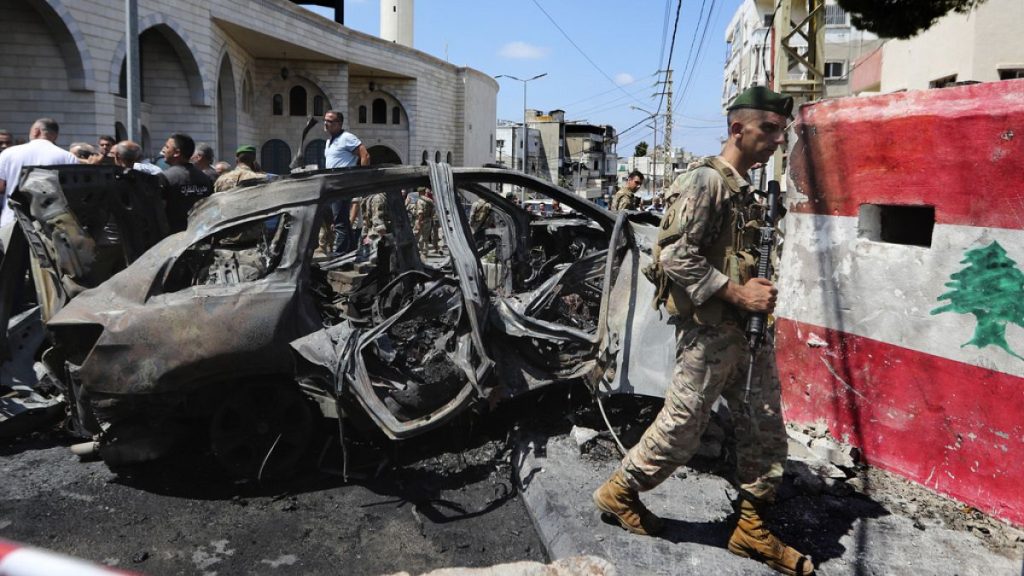The absence of the regular Lebanese army in the current crisis is raising questions about state institutions’ capacity to confront a major conflict as the conflict between Israel and Hezbollah in Lebanon teeters toward an outright war. The Lebanese army’s role in Lebanon is complex, as it is subject to the instructions of the Lebanese government, which has been divided for a long time. The potential for violence spilling over into the rest of the Middle East poses a serious threat if the conflict escalates. The delicate balance of power in Lebanon, which was ravaged by civil war from 1975 to 1990, makes the army’s involvement in the conflict challenging, particularly given Hezbollah’s presence and influence in the region.
Resolution 1701 set up a UN peacekeeping force, UNIFIL, in southern Lebanon and calls for the Lebanese regular army to deploy in conjunction with UNIFIL after the withdrawal of the Israel Defense Forces. However, Hezbollah has not fully complied with the resolution, maintaining its armed groups and missiles capable of targeting Israel in southern Lebanon. The Lebanese army faces a dilemma if a major military attack occurs: either confront the Israeli army or disarm Hezbollah by force, both of which come with serious consequences. The relationship between Hezbollah and the Lebanese security structures has been marked by moments of cooperation, such as during the rise of the Islamic State in Syria and Iraq.
The European Union has been working to boost the capabilities of the Lebanese armed forces, providing funds for surveillance towers along the borders and potentially organizing a conference to help arm the Lebanese army on the southern border. However, the political decision to send the Lebanese army remains a crucial factor in their involvement in the conflict. The Lebanese army’s involvement on new fronts, such as the Bekaa Valley, presents significant challenges given its limited resources and potential political issues with its financial sponsors in the West, Saudi Arabia, and the Gulf States. The army’s inability to shoot down Israeli missiles highlights its lack of missile defense capabilities.
The Bekka Valley is controlled by the Bekka brigade of the Lebanese army, which may not be fully staffed or ready to confront external or internal threats. In the event of a land invasion by Israel, the regular army units may disengage, leaving the Bekka Valley vulnerable to conflict between Israel and Hezbollah. Alternatively, the presence of the Lebanese army could serve as a deterrent to Israel’s operational activity, a scenario that is less likely. During the Israeli invasion of 2006, the Lebanese army avoided confrontation with the IDF and did not disarm Hezbollah despite the provisions of Resolution 1701. The complexity of the situation in Lebanon, with various political factions and international interests at play, makes the role of the Lebanese army in the current conflict challenging on multiple fronts.


